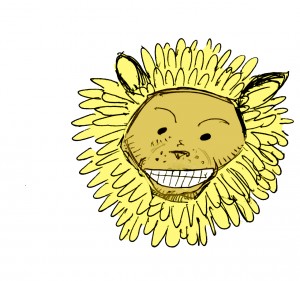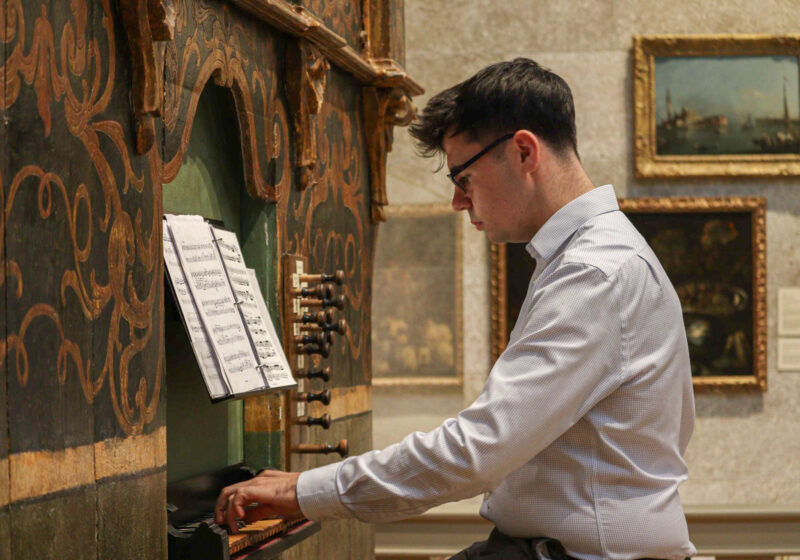Since their inception in 1962, D’Lions have been a terrific asset on freshman halls at UR. The volunteers for their first 20 years, however, were limited to just females.
According to a Campus Times article published on Feb. 18, 1982, the D’Lions opened up membership to both genders after a meeting the week prior to the article. Previously, D’Lions were known solely as a sophomore women’s service organization. The eventual move to coed was made to accommodate the entire freshmen population more effectively.
Two D’Lions at the time, Beth Hedge ’84 and Joanne Decker ’84, published an announcement the week after their organization reached the decision. They emphasized that a D’Lion is “friendly, accessible, approachable, easy to talk to and outgoing,” excluding any specifics about gender.
These traits help the D’Lions perform their primary task — promoting community spirit within their respective halls; social acclimation for all their residents is the ultimate goal. In addition to spirit and decoration, D’Lions have always participated in community service projects, most notably their blood drives.
There was a movement to add a male counterpart to the organization the year prior to it officially becoming coed, but they were denied the special interest housing that guarantees rooms for members. Their subsequent inclusion the following year finally provided male students with someone of their own gender as a potential social navigator for their first year.
This 2012-2013 academic year began with 52 D’Lions, 10 male and 42 female, in contrast with the 48 women involved when Hedge and Decker attended UR. The organization kept the same application process it started in 1982, beginning with a paper application followed by an interview with current D’Lions.
Current D’Lions president and sophomore Alesa Yuodsnukis, contends that the upcoming application process, even at this early stage, has more male applicants. She addressed the current male-versus-female dynamic of the organization.
“I think the organization itself tends to draw female interest because most people associate it with decorations and generally being a ‘best friend’ figure to residents, but this in no way means that girls are better at it,” Yuodsnukis said. “There are also the lesser known aspects such as the Fill Fauver athletic events, supporting other campus groups through volunteering and advertising, and a variety of other opportunities.”
Gender aside, the D’Lions of today have the same kind of commitment to the student body as they had back when men were excluded -— a commitment that will probably remain for years to come.
Brady is a member of the class of 2015.




